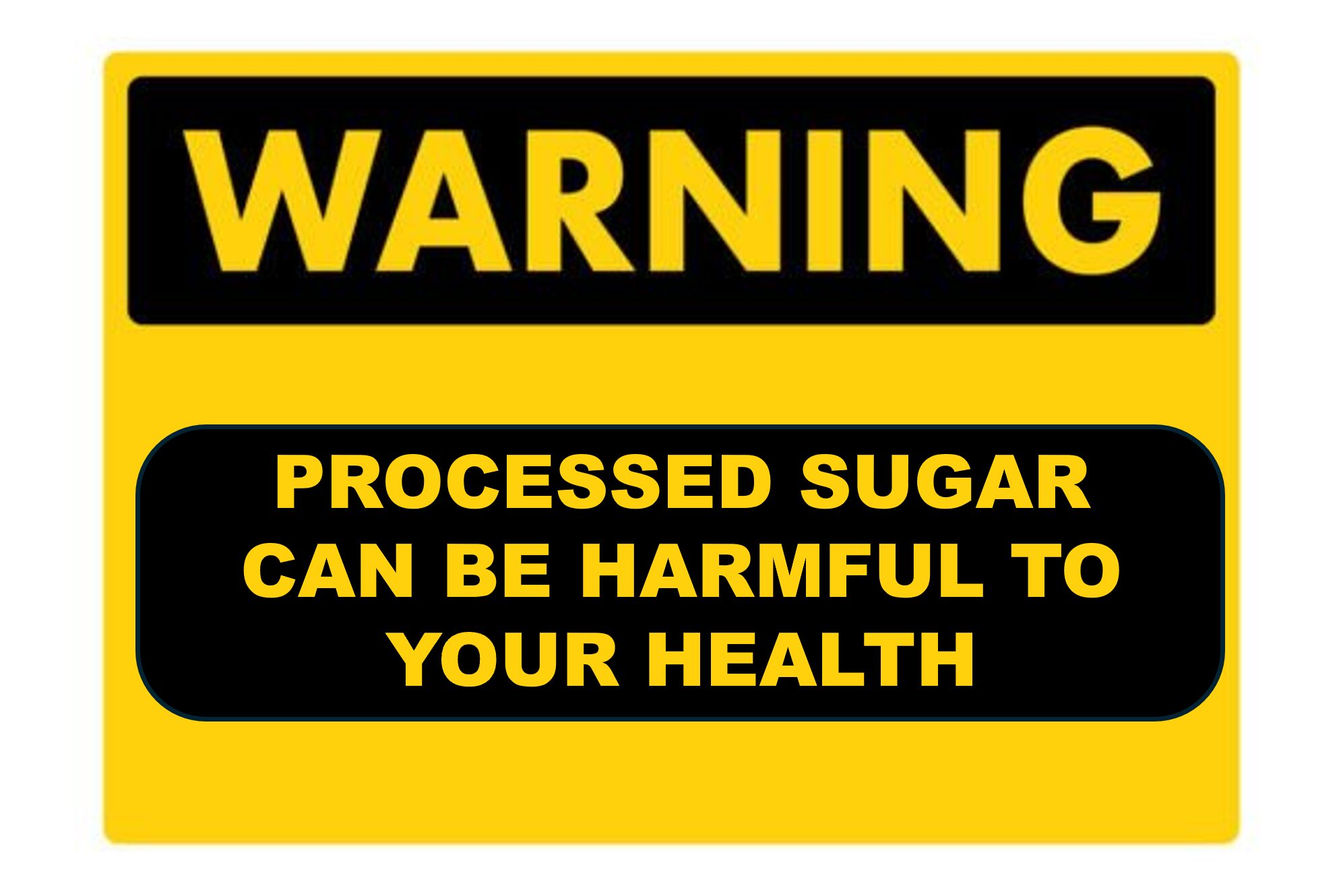Keeping our body’s immune system strong is paramount. There are four easy ways of doing this, including that the bowels function daily, drinking adequate pure water so that the urine flow is clear (at least five pints of water a day) and cleaning the sweat from the body daily with a bath or clean cloths. Breathing easily and deeply in an unrestricted way is important – exercise can help you do that.
Four poor habits weaken the immune system. We need to be careful and not fall into the trap as certain foods and environmental influences can keep the immune system from doing a good job. As we enter the holiday season known for extra food consumption, we need to be careful of our body’s natural defenses from fighting off bacteria.
The first of these habits is overdosing on sugar. Eating or drinking 100 grams (8 tbsp.) of sugar is the equivalent of one 12-ounce can of soda. This alone can reduce the ability of white blood cells to kill germs by forty percent. The immune-suppressing effect of sugar starts less than thirty minutes after ingestion and may last for five hours. In contrast, the ingestion of complex carbohydrates, or starches, has no negative effect on the immune system.
I broke this habit last year and it was definitely worth breaking. Eliminating the white crystalline sugar refined from cane or beet juice is important because it is stripped of all vitamins, minerals, protein, fiber, water, and other synergists. White sugar is an industrially processed chemical not found in nature, and I am convinced it is not fit for human consumption.
Excessive alcohol consumption is the second habit to avoid, because it can harm the body’s immune system in two ways. First, it produces an overall nutritional deficiency, depriving the body of valuable immune-boosting nutrients. Next, alcohol, like sugar, consumed in excess can reduce the ability of white cells to kill germs.
High doses of alcohol suppress the ability of the white blood cells to multiply, inhibit the action of killer white cells on cancer cells. One drink (the equivalent of 12 ounces of beer, 5 ounces of wine, or 1 ounces of hard liquor) does not appear to bother the immune system, but three or more drinks do. Amounts of alcohol that are enough to cause intoxication are also enough to suppress the body’s immune system.
Number three is food allergens. Due to a genetic quirk, some divisions of the immune army recognize an otherwise harmless substance (such as milk) as a foreign invader and attack it, causing an allergic reaction. Before the battle, the intestinal lining was like a wall impenetrable to foreign invaders. After many encounters with food allergens, the wall is damaged, enabling invaders and other potentially toxic substances in the food to get into the bloodstream and make the body feel miserable. This condition is known as the leaky gut syndrome.
Lastly, obesity can lead to a depressed immune system. It can affect the ability of white blood cells to multiply, produce antibodies, and rush to the site of an infection.
— Www.SugarAlert.com—
Dean L. Jones is a marketing strategist with the Southland Partnership Corporation, a public benefit organization. He has published a series of consumer alert articles based on his view of barefaced mismanagement of food/beverage products.





